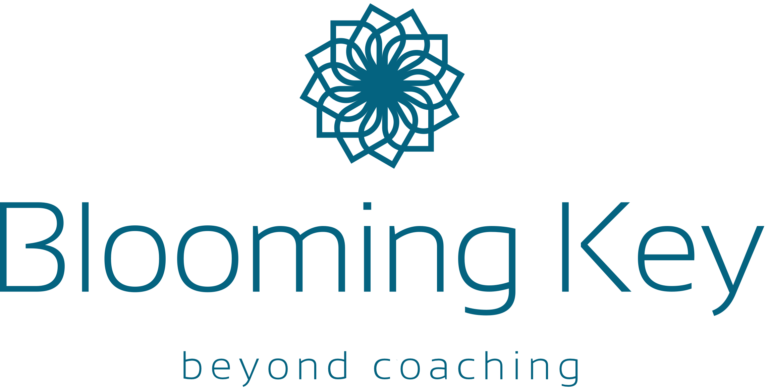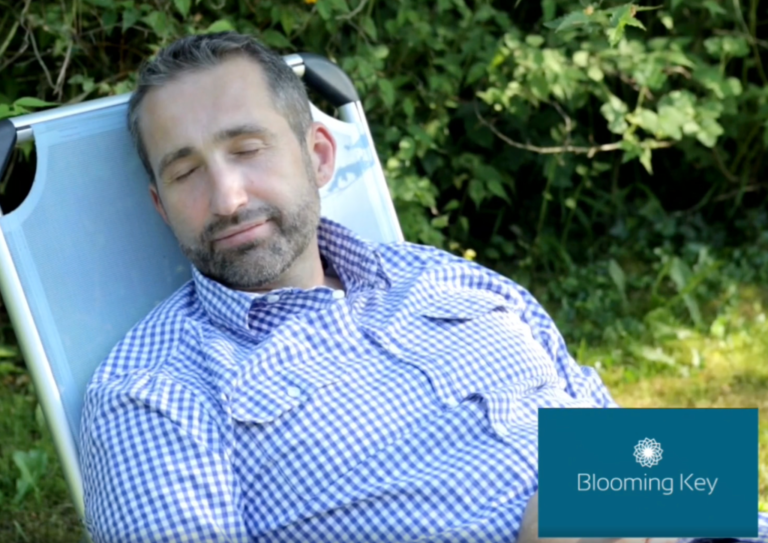
1. Anxiety Exercise: Shift Your Thoughts
In short — When anxious thoughts start to spiral, use one simple anxiety exercise: breathe slowly, ground with your senses, reframe the thought, then move for a minute. The short video below shows each step. Why thoughts spiral Often, one worrying thought triggers the next. For example, mood drops and clear thinking fades. However, you can break this loop early with a few quick actions. Moreover, these simple tools are easy to learn and you can use them anywhere. Need guidance? Try Anxiety Management; alternatively, take the Mental Fitness Quiz, or work 1:1 via Online Coaching. 4 quick resets (watch + try) First, breathe slowly. Inhale through the nose and exhale through the mouth for 3–5 minutes. Therefore, aim for longer exhales to calm the stress response. See the NHS breathing guide. Next, ground with 5-4-3-2-1. Name five things you can see, four you can feel, three you can hear, two you can smell, and one you can taste. As a result, your attention shifts to the present. A brief how-to: URMC. Then, reframe the thought. Ask, “What is the evidence? What else could be true?” In turn, gentle reframing helps you see more than one story. Learn more at Harvard Health. Finally, move for 60 seconds. Walk to the window, stretch your arms, or shake out your hands. Also, small movement releases tension and resets focus. See practical tips from NIMH. Video Video: Anxiety Exercise — Shift Your Thoughts Video summary: In the video, you’ll learn a short “interrupt











